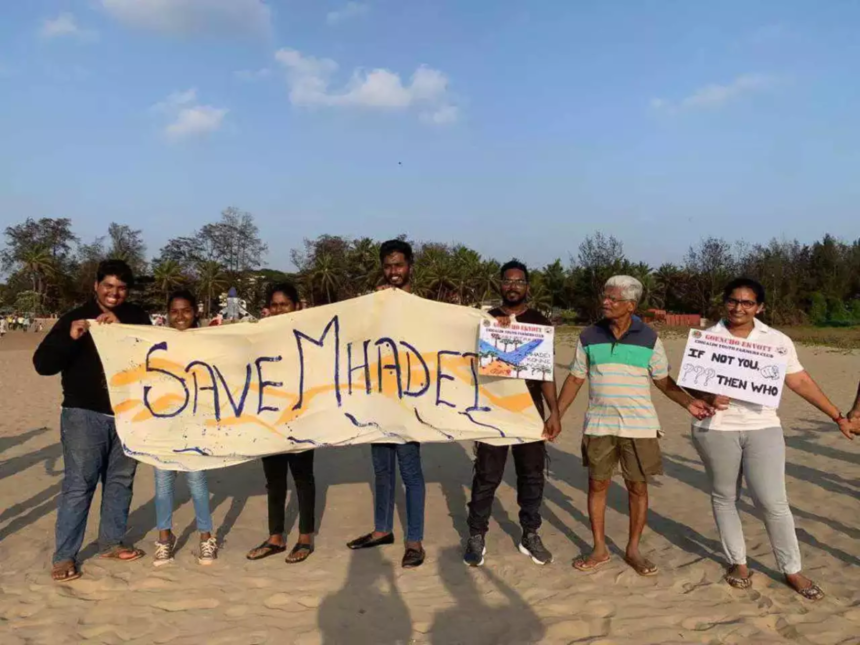In a devastating incident, a nine-year-old boy lost his life due to severe diarrhea, reportedly caused by consuming water supplied by a municipal corporation tanker. The incident has raised serious concerns about the safety and quality of water provided to the public. The boy, identified as Abhijot, fell ill soon after drinking the water, as reported by his family. Despite their efforts to seek medical assistance, his condition rapidly deteriorated, leading to his untimely demise. The incident has prompted an urgent investigation into the water supply system to prevent such tragedies in the future.
Abhijot’s family recounted that shortly after consuming the water, he began experiencing vomiting. Recognizing the severity of his condition, they immediately sought medical attention. Initially consulting a private doctor, they hoped for a swift recovery. However, as his symptoms persisted and worsened, they rushed him to Rajindra Hospital in a desperate attempt to save his life. Tragically, the medical professionals at the hospital were unable to revive him, and he was pronounced dead upon arrival.
The news of Abhijot’s death has sent shockwaves through the community, leaving friends, family, and local residents devastated. It has also ignited a wave of concern regarding the safety of the water supply provided by the municipal corporation. While the exact cause of the contamination is yet to be determined, this unfortunate incident has drawn attention to the urgent need for stricter monitoring and quality control measures to ensure the public’s well-being.
Authorities have wasted no time in launching an investigation into the incident. The municipal corporation responsible for the water supply has been cooperating with the authorities, providing access to relevant records and information. Preliminary inquiries suggest that the tanker from which Abhijot consumed the water might have been contaminated. However, it remains uncertain whether the contamination occurred before or during the water distribution process. Forensic tests on samples taken from the tanker and the water source are currently underway to shed light on this critical matter.
The tragedy has sparked outrage among the community, demanding accountability and immediate action to rectify the shortcomings in the water supply system. Local activists and concerned citizens have organized protests, urging the municipal corporation to take immediate steps to improve the water quality. They argue that access to clean and safe drinking water is a fundamental right and that no child should lose their life due to negligence or inadequate infrastructure.
The incident has also highlighted the importance of public awareness and education regarding water safety. Authorities have emphasized the need for individuals and families to be vigilant and cautious when consuming water from unknown or unreliable sources. Educating the public about the potential risks and ways to ensure water safety can play a vital role in preventing similar incidents in the future.
As the investigation progresses, experts and officials are exploring long-term solutions to prevent such tragedies. They are considering the implementation of advanced water purification technologies, stricter monitoring systems, and regular quality checks to guarantee that the water supplied to communities meets the highest safety standards. Collaborative efforts between government bodies, health professionals, and water management experts are being encouraged to address this critical issue comprehensively.
The loss of a young life under such circumstances is undeniably heart-wrenching. The untimely demise of Abhijot serves as a stark reminder that access to clean and safe drinking water is not a privilege but a fundamental right that must be safeguarded. The tragedy has compelled authorities to reevaluate their existing systems and work tirelessly to prevent future occurrences. It is hoped that swift action and necessary reforms will be undertaken to ensure the well-being and safety of all citizens, especially the most vulnerable members of society.









